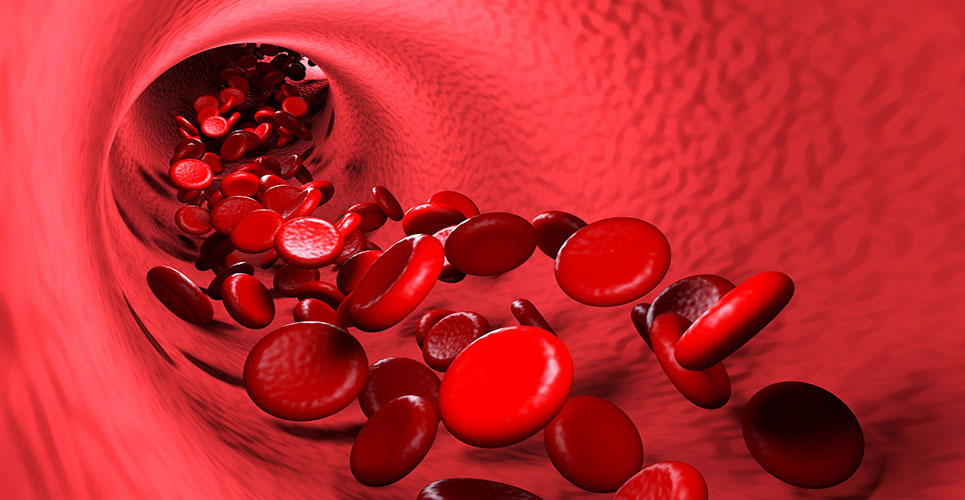teaser
Antiplatelet medicine, AGGRASTAT (tirofiban HCL), a glycoprotein IIb/IIIa inhibitor, has been shown to significantly lower the incidence of heart attack after elective coronary angioplasty, in patients with coronary artery disease who have shown poor response to standard oral antiplatelet agents such as aspirin and clopidogrel. These results were announced today at the Annual European Society of Cardiology Congress in Munich, Germany.
“These findings are significant in that we demonstrate a proof of concept for a new treatment strategy in a patient segment whose needs have so far remained unaddressed – managing for the increased risk of thrombotic events due to non-responsiveness of patients to standard oral antiplatelets such as aspirin or clopidogrel,” said Dr Marco Valgimigli, Chair of Cardiology, University of Ferrara, Italy and principal investigator of the 3T/2R Study (Tailoring Treatment with Tirofiban in patients showing Resistance to aspirin and/or Resistance to clopidogrel).
Inhibition of platelet aggregation following an intake of aspirin or clopidogrel varies greatly among patients, and previous studies have shown that poor response to oral antiplatelet agents increases the risk of thrombotic events, especially after coronary angioplasty. It was previously unknown if this reflected suboptimal platelet inhibition per se which might benefit from alternative or more potent antiplatelet agents.
“Current treatment strategies for patients with coronary artery disease ignore the individual response to antiplatelet agents, and likewise fail to identify therapeutic targets for platelet reactivity necessary to intensify treatment,” said Dr Paul Gurbel, Director of Cardiovascular Research, Centre for Thrombosis Research, Sinai Hospital, Baltimore, USA.
“These findings illustrate the efficacy and safety of AGGRASTAT in treating poor responders to aspirin or clopidogrel, as compared to standard care.
“This study shows that by assessing response to standard antiplatelet agents by a point-of-care assay, intensity of treatment can be modulated accordingly.”

